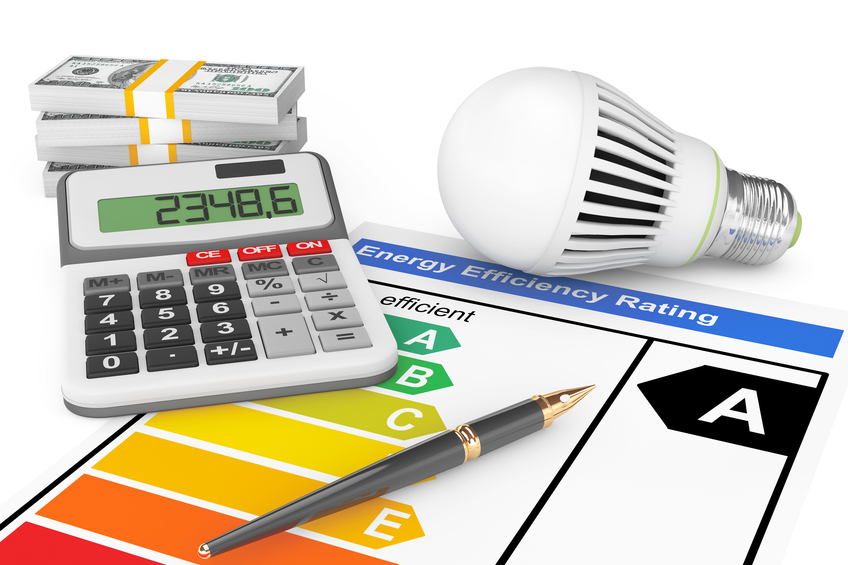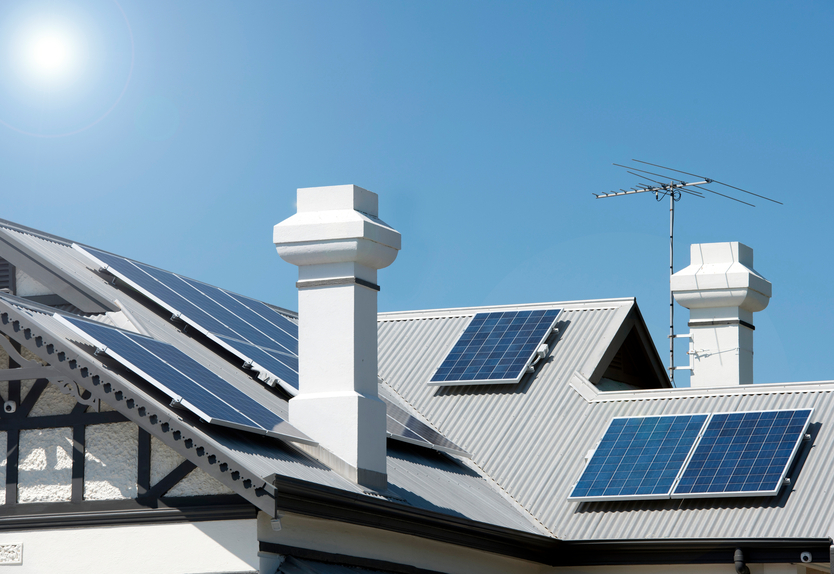Nebraska Energy Efficiency and Ethics 7 PDH Discount Package 2
Residential Solar PV Energy Guide (R03-015)
Boiler Fuels, Emissions and Efficiency (M02-028)
Ethical Issue: Deciding if Something is a Gift or a Bribe (LE1-007)

This online engineering PDH course provides basic information on LED troffer retrofit lighting and controls best practices.
Lighting use constitutes about 20% of the total source electricity consumption in commercial buildings. Most of the lighting in U.S. commercial buildings is provided by fluorescent troffer ceiling fixtures. There are currently over 350 million installed troffers using more than 65 million kWh (the annual energy usage of 6 million U.S. homes).
Retrofitting these fluorescent troffers to light-emitting diode (LED) sources offers the potential for enormous energy savings. As of 2015, only 5% of the troffers in use had LED light sources. At a project level, retrofitting or replacing fluorescent troffers with LEDs can result in energy savings of 20% to 60% and help agencies meet energy-efficiency goals.
This 1 PDH online course is applicable to environmental engineers who are interested in gaining knowledge about LED retrofit kits, TLEDs, and lighting controls best practices.
This PE continuing education course is intended to provide you with the following specific knowledge and skills:
- Familiarizing with the different options of retrofitting existing fluorescent troffer fixtures with LEDs
- Familiarizing with the different types of tubular LEDs and their characteristics
- Gaining a general overview of the features of retrofit kits including installation time requirements, efficacy, and controls
- Learning about the factors to consider when installing new luminaires including existing condition of luminaires, equipment purchase costs, energy savings, installation labor costs, ceiling plenum access, light levels
- Understanding the importance of color characteristics of the light from the troffer and the measurements used to describe lighting
- Learning about the different types of lighting controls and their characteristics
Upon successful completion of the quiz, print your Certificate of Completion instantly. (Note: if you are paying by check or money order, you will be able to print it after we receive your payment.) For your convenience, we will also email it to you. Please note that you can log in to your account at any time to access and print your Certificate of Completion.

This online engineering PDH course provides information on solar photovoltaic (PV) technology, and presents a series of steps that will help you reach a well-informed conclusion about making an investment in solar energy systems.
Solar PV technology is the process that converts sunlight into electrical current when it strikes suitable materials called semiconductors in a device. Sunlight is absorbed by semiconducting materials, such as silicon, releasing electrons from their atoms. The electrons flow through the semiconductor to produce direct current (DC) electricity.
The technologies associated with the building blocks of a solar array project may seem complicated; however, the system design and construction are relatively simple and straightforward. Familiarity with the design and construction procedures is beneficial in becoming a more educated consumer and owner.
This 3 PDH online course is applicable to electrical and mechanical engineers as well as energy specialists who are interested in expanding their knowledge on solar PV technology and understanding the detailed considerations for installing similar systems for generating electricity.
This PE continuing education course is intended to provide you with the following specific knowledge and skills:
- Familiarizing with the building blocks of solar PV systems
- Understanding the preliminary research process prior to designing a system or purchasing its components
- Learning about site assessment and determining the ideal conditions for the solar array
- Understanding the different considerations for roof and ground-mounted systems
- Learning how to formulate solar array designs, calculations and sizing requirements
- Identifying the significant components of a solar array as part of the equipment selection process
- Gaining a general overview of contracts, installation, maintenance and monitoring of solar energy systems
Upon successful completion of the quiz, print your Certificate of Completion instantly. (Note: if you are paying by check or money order, you will be able to print it after we receive your payment.) For your convenience, we will also email it to you. Please note that you can log in to your account at any time to access and print your Certificate of Completion.

This online engineering PDH course introduces the different types of solid, liquid, and gaseous fuels commonly fired in industrial, commercial and institutional boilers. It describes the characteristics of fossil and non-fossil fuels with emphasis on coal, oil, natural gas, biomass, and refuse-derived fuels (RDFs). This course also presents the principle emissions from combustion boilers that are regulated under the Clean Air Act (
This 2 PDH online course is applicable to mechanical engineers, designers, contractors, building professionals, and manufacturers who are interested in gaining a better understanding of the various boiler fuels and their emissions.
This PE continuing education course is intended to provide you with the following specific knowledge and skills:
- Understanding the different types of solid, liquid and gaseous fuels commonly fired in boilers
- Knowing the four principle emissions from combustion boilers; nitrogen oxides (NOx), sulfur dioxide (SO2), particulate matter (PM) and carbon monoxide (CO)
- Learning how to maximize efficiency by understanding combustion losses and boiler losses
In this professional engineering CEU course, you need to review Chapter 3, "Fuels, Emissions, and Efficiency" of the Department of Energy (DOE) Publication "Guide to Low-Emission Boiler and Combustion Equipment Selection".
Upon successful completion of the quiz, print your Certificate of Completion instantly. (Note: if you are paying by check or money order, you will be able to print it after we receive your payment.) For your convenience, we will also email it to you. Please note that you can log in to your account at any time to access and print your Certificate of Completion.

This online engineering PDH course will establish, through the presentation of many examples, the principles of distinguishing between a gift and a bribe.
The federal government has formulated detailed rules covering gifts given to executive-branch employees in many situations. The rules are published in the Code of Federal Regulations (CFR) and are illustrated through many examples. Even though the examples are intended for government employees (many of whom are engineers), they also apply to private-sector engineers in similar situations. This course presents selected CFR examples that furnish guidance on the ethics of gift giving in situations that are especially relevant to engineers.
This 1 PDH online course is intended for engineers seeking guidance on distinguishing between ethical gift-giving and bribery.
This PE continuing education course is intended to provide you with the following specific knowledge and skills:
- Familiarizing with definitions of a bribe and a gift
- Knowing the bribe status of a gift based on a personal relationship
- Understanding the conditions under which gifts to spouses are acceptable
- Knowing the need to avoid even the appearance of a gift being a bribe
- Recognizing when gifts involving free attendance at meetings and conferences are acceptable
- Understanding the importance of the cumulative effect of receiving even small gifts on a periodic basis
- Learning the importance of gifts received when on assignment rather than outside of work
Upon successful completion of the quiz, print your Certificate of Completion instantly. (Note: if you are paying by check or money order, you will be able to print it after we receive your payment.) For your convenience, we will also email it to you. Please note that you can log in to your account at any time to access and print your Certificate of Completion.